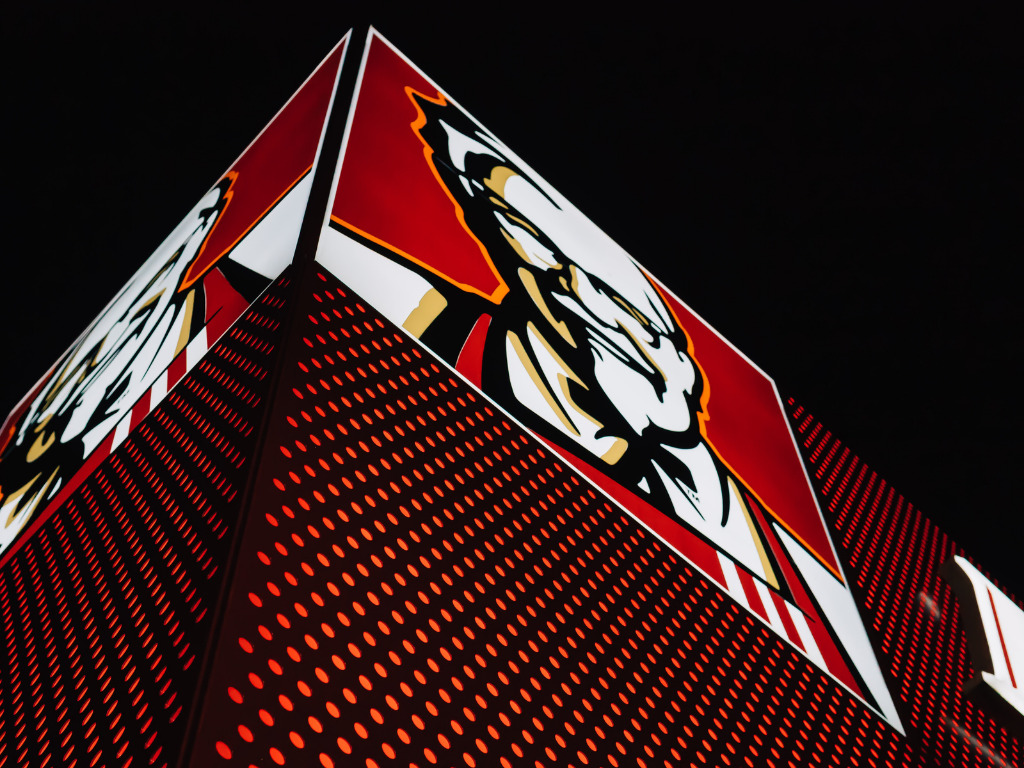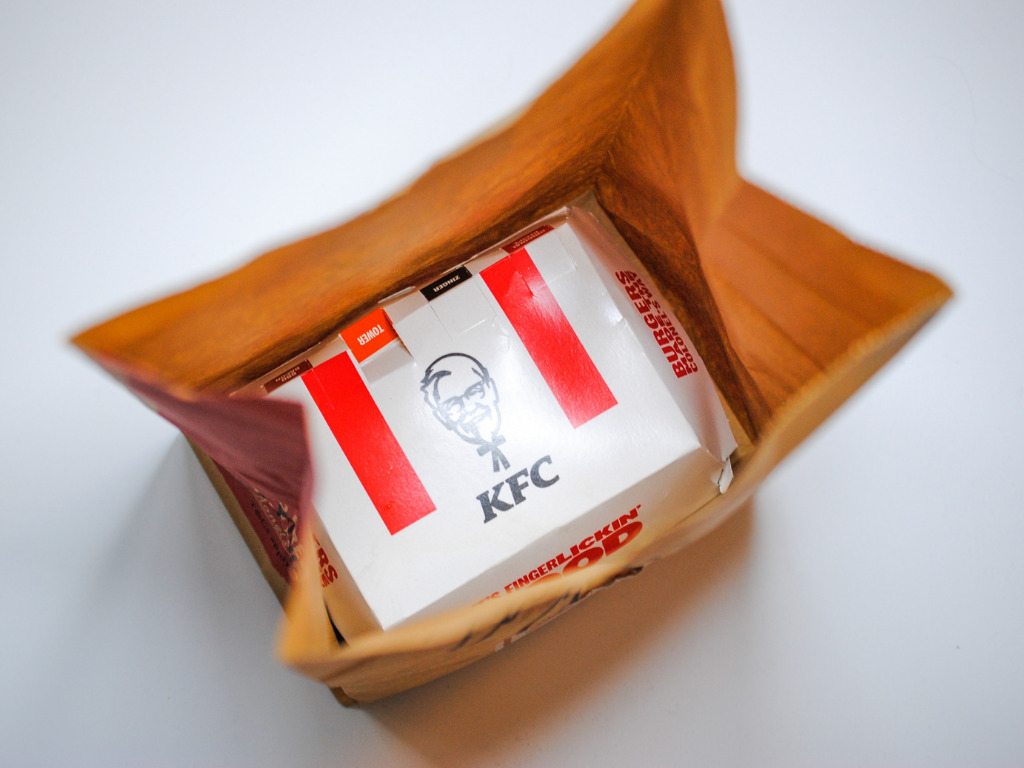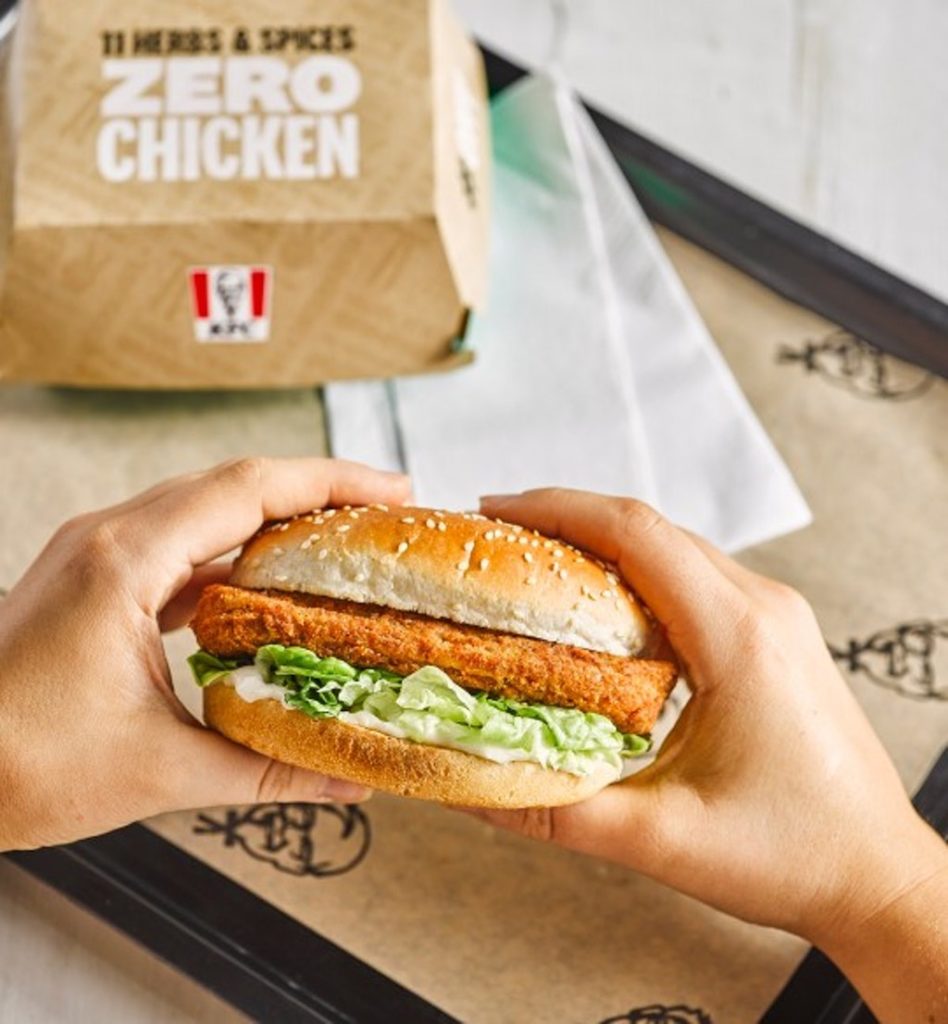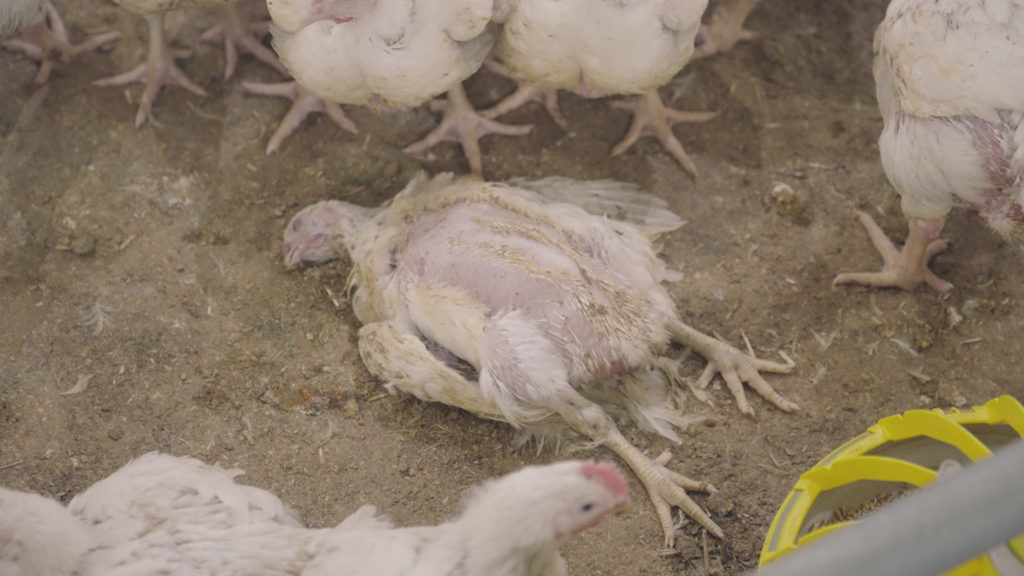4 Mins Read
Following on from its original recipe Vegan Burger, KFC is looking to create a range of new products with Quorn including vegan chicken buckets. The first confirmed item is an animal-free tender. U.K.-based Quorn has been chosen as the chicken giant’s alternative meat partner thanks to the rapturous reception that its chicken burger patty received, back in 2020.
Back in September, Kevin Hochman, KFC U.S. chief, told multiple interviewers that he believes plant-based chicken is not just a fad. He referred to a company-wide belief that this trend is here to stay and as a result, KFC would be looking to embrace more alt meat menu items to keep up with consumer preferences. This prophecy appears to have come true with Europe’s anticipated new releases.

The popularity of KFC’s plant-based poultry
KFC’s first burger, formerly known as the Imposter Burger, was trialled in a few U.K. locations in 2019. The test period was expected to last around a month, but stocks of the meat-free meals sold out in four days. This allowed for a wider rollout in 2020 and finally, permanent menu inclusion in the U.K. and Ireland, earlier this year.
“Our fans were thrilled to see the launch of our Vegan Burger in 2020,” Kate Wall, strategy and innovation director at KFC, told FoodNavigator. “The Original Recipe Vegan Burger proved to be such a success in the UK and Ireland that we have already tested Quorn-based products in several other countries, and plan to extend into multiple European markets in the coming months.”
Ahead of vegan chicken buckets, consumers can enjoy Original Recipe Tenders, or ‘mini fillets’, depending on which country they are being sold in. Germany and the Netherlands got the jump on these products, with select restaurants already serving them.

Quorn’s mission to replace chicken and save the rainforest
Aside from being a longstanding favourite vegetarian and in recent years, vegan, alternative protein brand, Quorn is an environmental champion. Made from a protein found in nature which gets fermented and processed, the resulting mycoprotein boasts a far smaller impact than conventional chicken meat. Its pledge to contribute to the creation of a regenerative food system will further enhance its eco-ecredentials.
When consumer choose Quorn, they aren’t just reducing their emissions, they are also fighting deforestation. A new study used computer modelling to create projections of deforestation demands if beef consumption continues to grow at its present rate. This was compared to a scenario where one-fifth of global beef was replaced with microbial protein, such as Quorn. The results were, frankly, staggering, with deforestation potentially being halved in the latter projection.
Fermented technology was used as a benchmark due to offering access to years of environmental data and production information. Cultivated meat is still considered too new to make accurate predictions about its eco-benefits. Along a similar vein, new styles of plant-based meat remain too unsubstantiated in regards to long-term emissions data. Quorn is approaching its 40-year anniversary (in 2025), meaning its production can be quantified for comparative studies.

Plant-based KFC around the world
In the U.S, KFC works with Beyond Meat for its vegan options. This is due to the chain’s parent company, Yum Foods, having a multi-deal agreement in place. The meat-free options have proved popular outside of Europe, mirroring the U.K.’s launches with instant sell-outs and calls for items to be added to permanent menus.
Earlier this year, every U.S. location of KFC added plant-based chicken to its roster, for a limited time. Thought to be coinciding with Veganuary it was the flexitarians that benefitted the most, as items were cooked in the same oil as chicken options, thus making them non-vegan.

KFC’s animal welfare woes
It’s not all good news for KFC, however. Having launched its ‘behind the bucket’ marketing campaign, which included a film of happy, healthy chickens being reared with love at one of its supplier farms, it has been outed as “utterly misleading”. U.K.-based activist led-brand VFC conducted its own visit to the very same farm, just a few weeks after KFC’s camera crew. What co-founder Matthew Glover found was enough to shock even him, a known advocate of chicken welfare who has visited such locations before.
Dead and dying birds strewn across shed floors, cramped conditions and none of the enrichment equipment that was repeatedly mentioned in KFC’s video painted a very different image. Though KFC tries not to label any of its products as vegan, it’s safe to assume that it would enjoy claiming the demographic as customers. Activities such as misleading animal welfare standards make that much harder.
All photos by KFC, unless stated.




